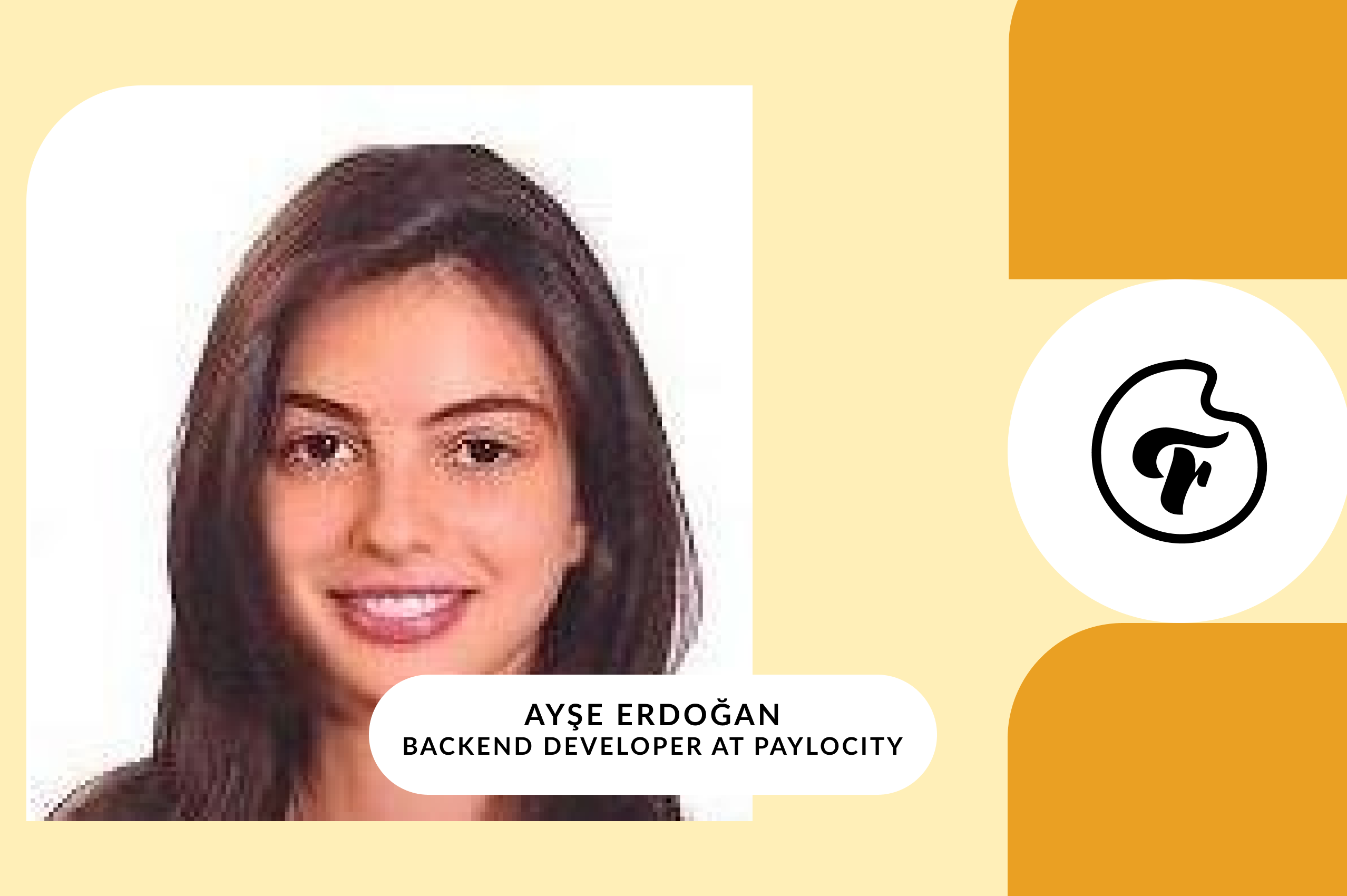
The Women in Tech program, an initiative designed to bridge the gender gap in technology and entrepreneurship, has been empowering women across Czechia for several years. Launched by Huawei in collaboration with the Research Institute for Entrepreneurship and Innovation, the program offers mentorship, training, and resources to women entrepreneurs, helping them leverage technology to scale their businesses and drive innovation. With a focus on areas such as education, environment, and health, Women in Tech is creating a vibrant community of female leaders who are not only embracing technology but also shaping the future of their industries.
In this interview, we speak with Linda Štucbartová, a key figure behind the program's success. An entrepreneur, innovation expert, lecturer, and coach, Linda has spent over two decades focusing on leadership, communication, and negotiation. Her dedication to women's empowerment is evident in her role as a mentor and coordinator for Women in Tech, where she continues to inspire and guide women as they navigate the challenges of entrepreneurship in the tech world.
I am an entrepreneur, innovation expert, and leadership coach active in the Central and Eastern Europe region. I have also dedicated over two decades to women's empowerment. My latest project focuses on violence prevention education, based on the concept of Empowerment Self Defense, to Czechia. I believe in the transformative power of technology for women's entrepreneurship, both as a tool for learning and for scaling up. I'm proud to say that my team was the first all-female team to win the technology competition at Czech Crunch Rise Academy.
Given my background in women's leadership, I was approached by David Cheng from Huawei and by Martin Frélich from the Research Institute for Entrepreneurship and Innovation of the Chamber of Commerce to design and run the Women in Tech program. The goal of this joint initiative is to support women entrepreneurs and women-led startups. We recognize a significant gender gap and hesitation among women when it comes to engaging with technology. Many women tell me they don't consider themselves "tech people" because they aren't coders or cyber experts. I ask them, "Do you use technology to run your business? Can technology help you grow?" If the answer is yes, I encourage them to apply. It's crucial that women become early adopters and co-creators in the tech space, especially with the rapid advancement of AI, to avoid negative impacts on this vital segment.
In February, we issue an open call for applications. Women founders, co-founders, COOs, CTOs—regardless of their position—can apply as long as their work aligns with one of our five categories: education, environment, development, health, and mobility. In March, we select the winners and match them with mentors based on their needs. We also tailor the program each year to address the specific needs of the participants, making each iteration unique.
The program runs from April to December and includes workshops, presentations, pitch opportunities, networking, and personal mentoring. Due to high demand this year, we implemented a two-tier approach. We had four participants in each main category, except for mobility, and offered an additional 10 participants the chance to attend some open workshops, presentations, and seminars. We now have a community of 18 women in tech, and we organize alumni meetings. Last year’s winner, Jaroslava Šnejdarová, has taken on the role of Alumni Chair.
Women in Tech is like my baby, now growing into a four-year-old kindergartner. I find great fulfillment in staying connected with the participants, witnessing their progress, and supporting them when things don't go smoothly. Entrepreneurship is often a bumpy and lonely journey. As an entrepreneur myself, I share my personal highs and lows with the participants. Society needs more successful female entrepreneurs because, as the saying goes, "You can't be what you can't see."
It's difficult to choose just one achievement because I believe all the women in the program deserve respect and recognition, regardless of the stage they are at. However, some remarkable successes include:
It's important to emphasize that this isn't about women versus men, but about women and men working together to create solutions that move society forward. Women often engage in societal projects and tend to be more cautious, which brings a valuable perspective to the startup environment.
Go for it. Technology offers incredible opportunities for growth, scaling up, and going global. It’s closely linked to innovation and learning—qualities essential for any entrepreneur. My final piece of advice is to seek support. Join programs, accelerators, or competitions to gain the backing you need to succeed.
We aim to continue making the program valuable for both participants and our partners. We're bringing on new partners this year, including Femme Palette, Podnikavá Hlava, and Startup Disrupt, while also establishing valuable global connections that our alumni community can benefit from. We're exploring the possibility of opening new segments. Like a child, the program continues to grow. Join us at our upcoming open events—on September 19 with Femme Palette and on November 28 for an open breakfast with WeWork and EIT Hub. Let's connect, support, and grow together.
The article was created in partnership with Hospodářská komora, VÚPI - Výzkumný ústav podnikání a inovací, Linda Štucbartová, and Martin Frélich.


